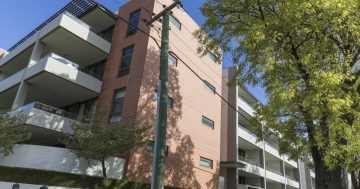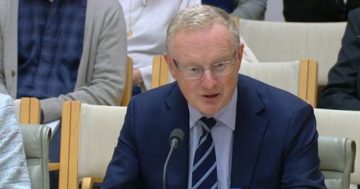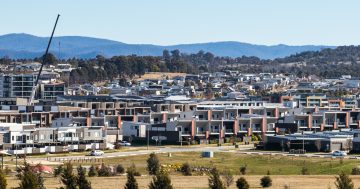
More interest rate rises will do more harm than good, especially for wage earners already struggling with cost of living increases. Photo: File.
How much tough love can the Australian economy bear?
The economic fortune tellers have locked in yet another rate rise in February after this week’s inflation figures checked in higher than expected.
It’s a gimme, they say, as our hairy-chested Reserve Bank does battle with the inflationary demons, all for our own good (of course), but do we really need another rate rise?
Overseas, the inflationary entrails are pointing to prices falling and have been doing so for a while.
China is reopening and the shipping logjam is freeing up.
Here, the latest figures for the December quarter have been driven by domestic and international holiday travel (no surprise) and electricity bills, particularly in WA, even though wholesale prices have now halved, pointing to less shock in coming months.
We’re still paying more for food and fuel than we did a year ago, but prices are coming off their spikes, as are construction costs.
The economy is slowing with fewer house starts and rising unemployment, and once the Christmas sugar has passed through the system, consumers with higher mortgage repayments and rents are going to start feeling even more pain and look to cut spending on top of previous economising.
Watch for retail spending to nosedive as consumers cut back and keep their hands in their pockets.
There is a good chance that the Reserve, in its zeal, will overshoot the runway just as it kept rates low for too long and foolishly predicted no rises until 2024.
Its one-dimensional approach to inflation will not just risk a recession but inflict more suffering on families – particularly workers whose real wages have been falling for years – facing a mortgage cliff and boosting the prospect of distressed sales.
Meanwhile, landlords are passing on their increased mortgage costs to tenants, exacerbating rents already fuelled by a shortage of supply.
The Reserve’s unprecedented rate rise climb has had an impact – although one of its biggest, house prices, oddly isn’t considered in the CPI – and more is still to flow through.
Maintaining such an aggressive posture and lifting rates next month and, as some are saying, again in March, will be overkill.
The inflation number may come down, but how much will be due to interest rate rises when there have been so many external factors – natural disasters, war and COVID?
And at what cost?
It may be a victory for the purists, but what’s the point if the economic landscape is a smoking ruin?
It’s not just a matter of timing but how the Reserve currently wields monetary policy with such a narrow view of the economy.
That’s something the current review of the Bank is looking at.
Considering the Reserve’s recent performance and subsequent erosion of trust, it is hoped that business as usual will not be the outcome.





















